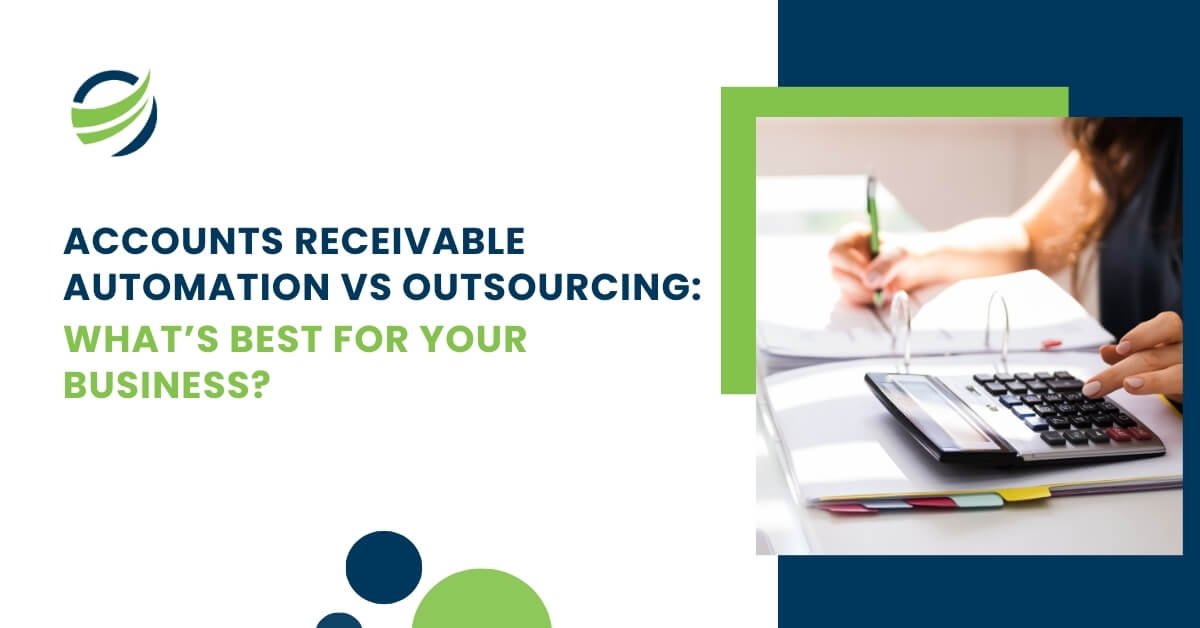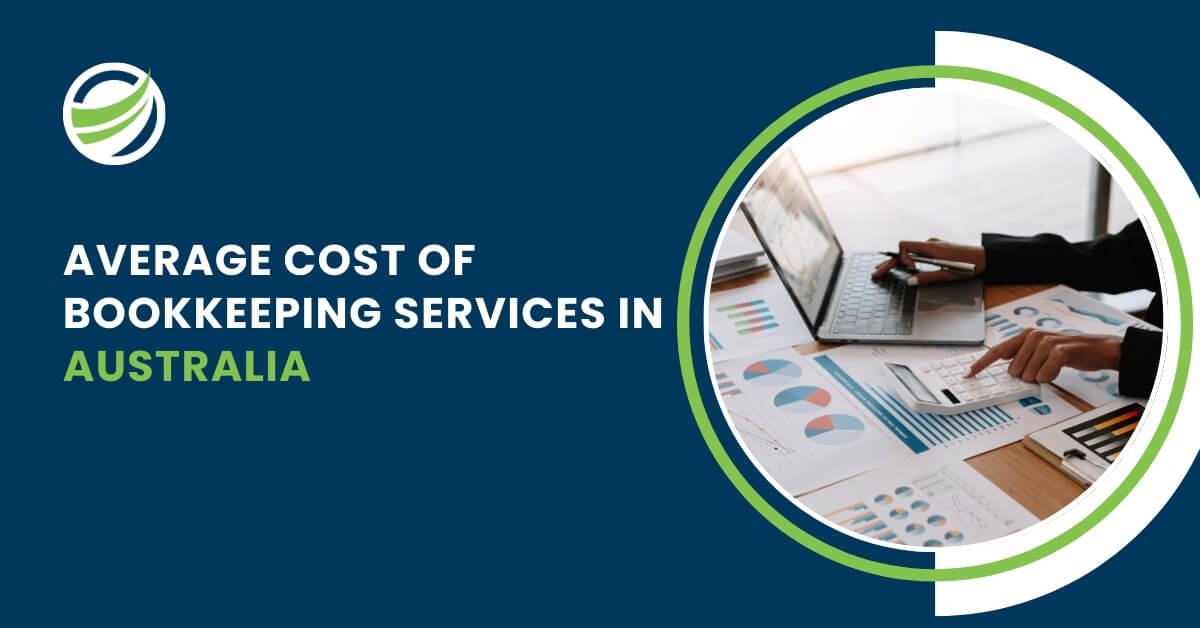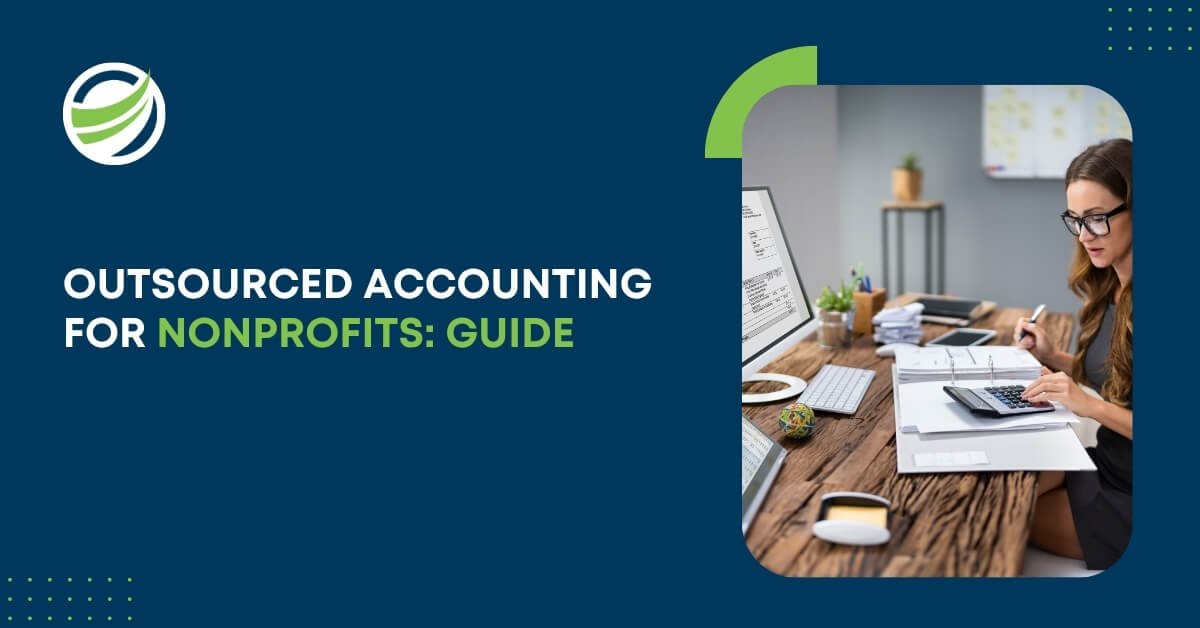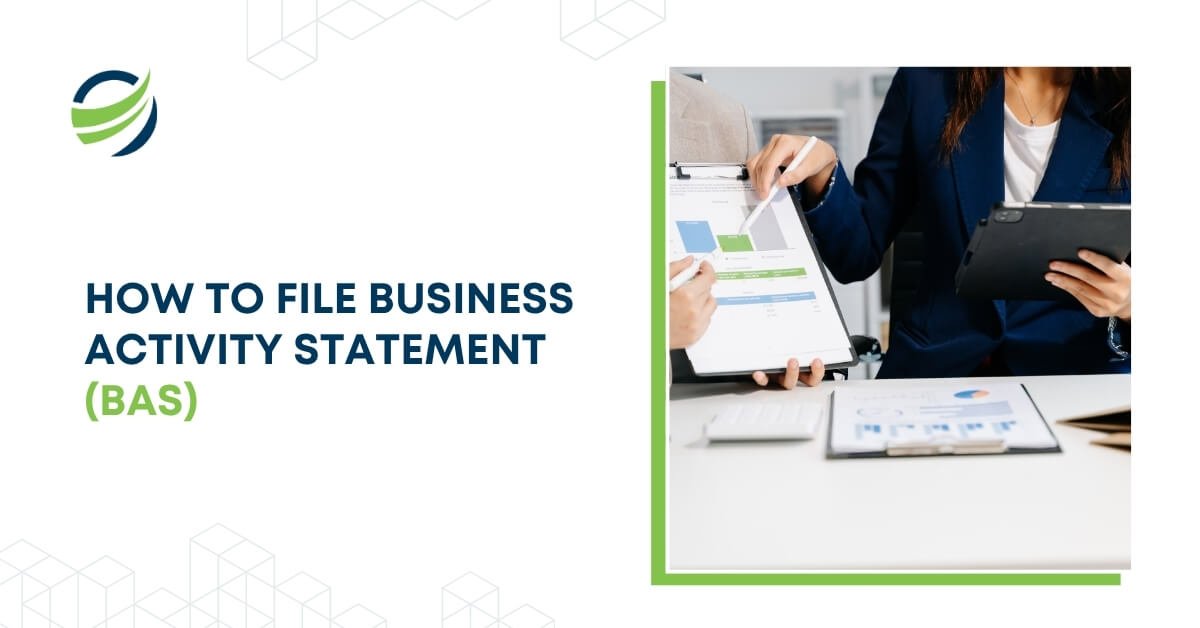
A Complete Guide to Hiring a Remote Bookkeeper in 2025
- Aesha Shah
- September 15, 2025
- 7 minutes
- Blogs
The trend of hiring a remote bookkeeper is accelerating in 2025, as more businesses recognise the value it brings to financial management. Leveraging outsourcing for accounting firms enables companies to streamline operations, improve accuracy, and reduce the overhead costs associated with maintaining an in-house finance team.
For many, this approach offers the ideal balance between efficiency and affordability. In this guide, we explore why businesses of all sizes, particularly those seeking professional bookkeeping services, are increasingly embracing this model and how it can transform the way you manage your finances.
Key Takeaways
- Strategic Advantage: Hiring a remote or offshore bookkeeper improves efficiency, accuracy, and cost savings.
- Expert Support: Virtual bookkeepers manage payroll, reporting, and compliance with professional precision.
- Scalable & Flexible: Services can be adjusted to match business growth, seasonal demands, or shifting needs.
- Cost & Productivity Gains: Businesses cut overheads while freeing leadership to focus on growth and strategy.
What is Remote Bookkeeping?
Remote bookkeeping is the practice of managing a business’s financial data and transactions from outside the office. A virtual bookkeeper leverages cloud-based software to perform essential tasks such as data entry, invoice processing, payroll, and financial reporting. This gives businesses access to accurate financial insights without needing a full-time, in-house team.
Here’s why many companies are turning to online bookkeeping services in 2025:
- Cost Efficiency – Businesses save on rent, utilities, recruitment, and training costs by avoiding the need for an in-house setup.
- Expert Financial Management – With outsourced bookkeeping services, companies can rely on specialists to handle transactions and reporting with accuracy.
- Focus on Growth – When financial administration is managed externally, leaders can dedicate more time to core operations and strategy.
- Scalability for Small Businesses – Bookkeeping services for small businesses are especially valuable, as they provide flexibility and professional support without long-term overhead.
- Access to Advanced Tools – A virtual bookkeeper uses secure, cloud-based software that allows for real-time updates and streamlined collaboration.

Remote Bookkeeping: The Process
Once you have completed the process of hiring a remote bookkeeper, the workflow typically follows three structured stages designed to ensure accuracy, transparency, and efficiency.
1. Data Collection
The first step is to collect all essential financial information. To establish a smooth start, businesses should provide their virtual bookkeeper with clear expectations, defined objectives, and access to essential financial records.
Collaboration between the internal team and the remote professional is crucial at this stage, as it sets the foundation for accurate bookkeeping.
2. Data Processing
After collecting the required information, the offshore bookkeeper reviews and organises the data to understand the company’s financial health.
This step allows the professional to track cash flow, categorise transactions, and prepare a framework for further analysis. Effective data processing ensures compliance while enabling proactive decision-making.
3. Report Delivery
In the final stage, the bookkeeper compiles detailed financial reports tailored to the client’s needs. These reports highlight key insights, ensure all transactions are recorded correctly, and often include recommendations to strengthen the business’s financial position.
With outsourced bookkeeping services, companies gain timely and actionable insights that support long-term growth.
Tasks Handled by a Remote Bookkeeper
A skilled remote bookkeeper is entrusted with a wide range of responsibilities that ensure accurate financial management and support business growth. These tasks often include:
1. Maintaining Financial Records
The most fundamental duty of a remote bookkeeper is to maintain accurate and up-to-date financial records. This includes:
- Recording daily financial transactions in secure accounting software
- Ensuring compliance with accounting standards and regulations
- Creating and organising financial entries for transparency
- Sharing timely reports with business owners to reflect the true financial health of the company
2. Budgeting and Forecasting
Through careful budgeting and forecasting, a virtual bookkeeper provides valuable insights that guide decision-making. For businesses seeking advanced support like virtual CFO, outsourced CFO services, or strategic financial planning, professional guidance can ensure smarter long-term financial decisions.
3. Accounts Payable
Managing accounts payable is another critical responsibility. Businesses often turn to accounts payable outsourcing for streamlined invoice processing, supplier payment management, and overall cash flow improvement.
This not only strengthens supplier relationships but also supports healthier cash flow management.
4. Accounts Receivable
A remote bookkeeper also oversees accounts receivable, ensuring payments from clients are tracked and managed promptly. Many companies also rely on accounts receivable outsourcing and AR support to improve collections, optimise cash flow, and strengthen financial stability.
5. General Ledger Management
The general ledger forms the backbone of any accounting system. An online bookkeeper ensures accuracy by:
- Recording and reconciling transactions
- Categorising expenses appropriately
- Managing credit card receipts and entries
- Providing a clear financial trail for audits and decision-making
By handling these essential tasks, outsourced bookkeeping services free up business owners to focus on growth while ensuring that every financial detail is managed with precision.
Software Used by Remote Bookkeepers
When hiring a remote bookkeeper, the right technology is essential. Modern software ensures accuracy, efficiency, and compliance, providing businesses with real-time financial insights. Here are five of the most widely used tools for online bookkeeping services in 2025:
1. QuickBooks
A leading cloud-based solution that automates payroll, invoicing, expense tracking, and tax management, making bookkeeping simpler and more accurate.
2. Sage Accounting Software
A versatile platform offering payroll, inventory, and financial reporting, designed for small to medium-sized businesses seeking flexible solutions.
3. Zoho Books
An affordable, user-friendly option ideal for bookkeeping services for small businesses, with features like billing, tax compliance, and workflow automation.
4. Xero
Known for its intuitive interface, Xero manages invoicing, bank reconciliations, and cash flow reporting, while delivering real-time insights.
5. Oracle NetSuite
An enterprise-grade platform for advanced outsourced bookkeeping services, offering automation in payables, receivables, compliance, and financial reporting. These localised solutions ensure compliance with Australian standards while maintaining the flexibility of global software tools.

How to Set Up Remote Bookkeeping for Your Business
If you are looking to start virtual bookkeeping services, following a structured setup process ensures efficiency, professionalism, and scalability. Here are the essential steps:
Step 1: Start with a Strong Business Plan
A clear business plan lays the foundation for success. Your plan should include:
- Business name, structure, and legal setup
- Target clients, competitors, and industry analysis
- SWOT analysis: strengths, weaknesses, opportunities, and threats
- Key problems your services aim to solve
- Cost-effectiveness of your offerings
- Available capital, projected cash flow, estimated expenses, and expected revenue
- Growth strategy and long-term vision
- Marketing strategy to attract and retain clients
Step 2: Obtain Required Licenses and Permits
- Register your business with the relevant authorities to secure legal identification.
- Acquire necessary permits and licenses specific to bookkeeping or accounting services.
- Pay applicable registration and licensing fees, which vary by location.
Step 3: Acquire the Right Resources
- Essential hardware includes laptops, monitors, webcams, and headsets.
- Reliable broadband is essential for seamless remote bookkeeping operations.
- Powerful accounting software to manage financial records efficiently.
- Minimal overhead makes remote bookkeeping in Australia an attractive and cost-efficient option.
Step 4: Set Competitive Pricing
- Conduct thorough market research to understand competitor pricing.
- Define service packages that cater to businesses of different sizes.
- Offer scalable pricing options to attract startups, SMEs, and larger enterprises.
Step 5: Implement Data Security Measures
- Data protection is critical due to the growing number of cyber threats.
- Implement robust security protocols, including encryption, secure access, and regular monitoring.
- Ensure compliance with industry regulations and client confidentiality standards.
Step 6: Develop a Creative Marketing Strategy
- Analyse your target audience, their challenges, and how your services provide solutions.
- Optimize your online presence to make it easy for clients to reach you.
- Use innovative marketing approaches to attract, engage, and retain clients.
Benefits of Hiring a Remote Bookkeeper
The advantages of hiring a remote bookkeeper are numerous, offering both operational efficiency and strategic value. Key benefits include:
1. Easy Access to Experts
- Gain immediate access to seasoned professionals with extensive experience in bookkeeping.
- Stay updated with the latest accounting standards, software, and industry practices.
- Outsourcing allows you to leverage expertise without investing heavily in training or development.
2. Cost Savings
- Save on infrastructure, salaries, benefits, and other in-house staffing costs.
- Free up time to focus on core business operations while experts manage financial tasks.
- According to PwC, online bookkeeping services in Australia can reduce overheads by up to 40% compared to traditional in-house setups.
3. Boost in Productivity
- Accurate and efficient bookkeeping enhances overall operational efficiency.
- Business leaders can focus on growth strategies while financial tasks are handled by experts.
- Clear separation of responsibilities streamlines workflows and improves decision-making.
4. Flexibility and Scalability
- Services can be adjusted to match the evolving needs of your business.
- Work seamlessly with clients and teams across different locations and time zones.
- Outsourced bookkeeping services provide the flexibility to adapt to changing business demands without disruption.
Conclusion
In 2025, hiring a remote bookkeeper is a smart way for businesses to gain efficiency, accuracy, and cost savings. Online bookkeeping services provide expert financial management without the expense of an in-house team, while offering flexibility to scale as needed.
Whether you are a small business exploring outsourced bookkeeping services for a small business or an enterprise seeking outsourced bookkeeping services, a skilled virtual bookkeeper can streamline operations, improve productivity, and ensure compliance.
By choosing the right tools, addressing challenges proactively, and following best practices, businesses can unlock the full potential of remote bookkeeping and drive sustainable growth. To get started, contact our team for guidance.









